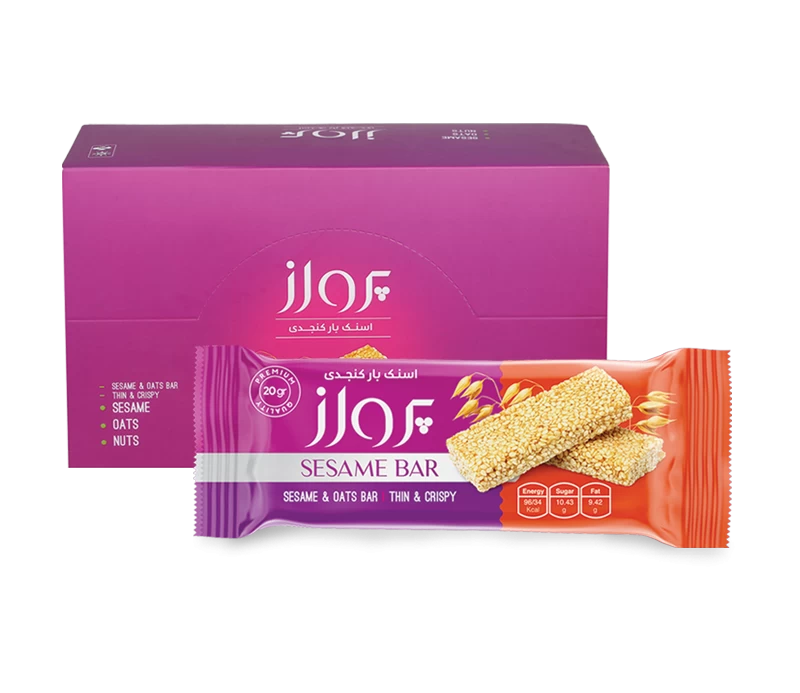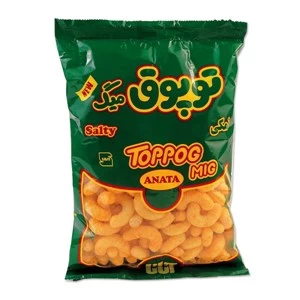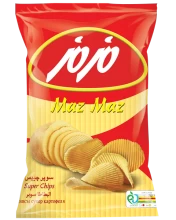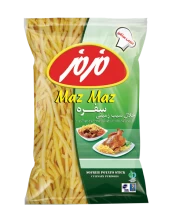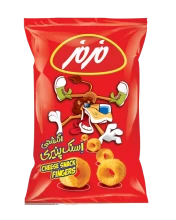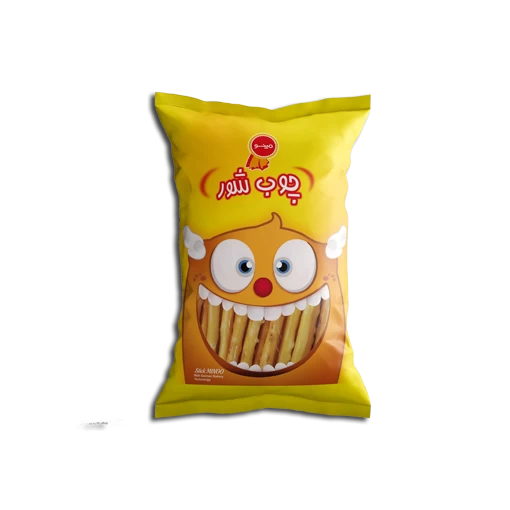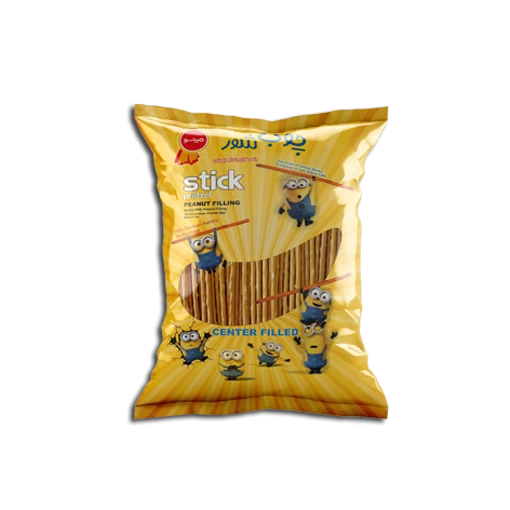Snacks
A snack is a small portion of food that is typically consumed between meals.
Snacks can come in various forms and flavors, catering to different tastes and dietary preferences. They serve as a quick and convenient way to satisfy hunger, provide energy, and curb cravings.
Snacks are enjoyed by people of all ages and are popular in many cultures around the world. They can be found in various settings, such as at home, in schools, at workplaces, and even at social gatherings. Snacks can be homemade or store-bought, and they range from healthy options to indulgent treats.
When it comes to healthy snacking, there is a wide array of choices available. Fruits and vegetables, such as apples, carrots, or celery sticks, are popular choices for those seeking a nutritious snack. Nuts, seeds, and trail mixes are also popular for their high protein and healthy fat content. Yogurt, granola bars, and whole grain crackers are other examples of wholesome snack options.
On the other hand, indulgent snacks are often associated with comfort and indulgence. These snacks are typically higher in calories, sugar, and fat. Examples include chocolate bars, potato chips, cookies, and ice cream. While these treats are enjoyed in moderation, it's important to be mindful of portion sizes and frequency of consumption to maintain a balanced diet.
_1711819906.png)
Snacks can also be culturally specific, reflecting the unique flavors and traditions of a particular region. For instance, in Latin America, empanadas and churros are popular snacks, while samosas and pakoras are common in South Asia. Each culture has its own unique assortment of snacks that showcase a diverse range of ingredients and preparation methods.
In recent years, the snack industry has witnessed a surge in healthier and more innovative snack options. Companies have introduced products that cater to specific dietary needs, such as gluten-free, vegan, or low-sugar snacks. Snack bars made with natural ingredients like nuts, seeds, and dried fruits have gained popularity as a convenient, on-the-go snack option.
Snacking can be a pleasurable experience, providing a momentary break from daily routines and offering a source of enjoyment. It can also serve as a social activity, where people come together to share and enjoy snacks while engaging in conversation.
Whether you're reaching for a snack to satisfy hunger, boost energy, or simply enjoy a tasty treat, the wide variety of options ensures that there is something for everyone's tastes and preferences. Just remember to make mindful choices and strike a balance between indulgence and nourishment to maintain a healthy lifestyle.
Here are some popular snack options from different cultures around the world:
1. Japan: Sushi rolls, edamame, onigiri (rice balls), yakitori (grilled skewered meat), and tempura (battered and fried vegetables or seafood).
2. India: Samosas (deep-fried pastry filled with savory fillings), pakoras (deep-fried fritters made with vegetables or chicken), chaat (a variety of savory snacks like pani puri, bhel puri, and samosa chaat), and vada pav (spicy potato fritter served in a bun).
3. Mexico: Tacos, tortilla chips with salsa or guacamole, quesadillas, churros (fried dough pastries), and elote (grilled corn on the cob with various toppings).
4. Italy: Bruschetta (toasted bread topped with tomatoes, garlic, and olive oil), arancini (deep-fried rice balls with a variety of fillings), panini (grilled sandwiches), and antipasto platters with cured meats, cheeses, and olives.
5. Middle East: Hummus (a dip made from chickpeas, tahini, and olive oil), falafel (deep-fried chickpea or fava bean patties), tabbouleh (a salad made from bulgur wheat, parsley, and tomatoes), and baklava (sweet pastry made with layers of filo dough, nuts, and syrup).
6. United States: Potato chips, pretzels, popcorn, hot dogs, hamburgers, and buffalo chicken wings.
7. South Korea: Kimbap (rice and vegetable rolled in seaweed), tteokbokki (spicy rice cakes), fried chicken, bungeoppang (fish-shaped pastry filled with sweet red bean paste), and gimbap (rice and seaweed rolls).
8. Thailand: Spring rolls, pad Thai (stir-fried rice noodles with shrimp or chicken), mango sticky rice, satay (grilled skewered meat served with peanut sauce), and tom yum goong (spicy and sour shrimp soup).
9. Spain: Tapas (small plates of various appetizers like patatas bravas, croquettes, and Spanish omelette), churros with chocolate sauce, and jamón ibérico (cured ham).
10. Greece: Spanakopita (spinach and feta cheese wrapped in filo pastry), tzatziki (yogurt and cucumber dip), dolmades (stuffed grape leaves), and loukoumades (deep-fried dough balls drizzled with honey).
These are just a few examples of the diverse range of snacks enjoyed in different cultures. Exploring the world of snacks from various countries can be a delightful way to experience different flavors and culinary traditions.
Snacks play an important role in our daily lives for several reasons:
1. Sustaining Energy Levels: Snacks provide a quick source of energy between meals, helping to bridge the gap and prevent energy slumps. They can help maintain blood sugar levels and keep hunger at bay, especially during long stretches between meals or during physically demanding activities.
2. Curbing Cravings: Snacks can be a helpful tool in managing cravings and preventing overeating. By choosing satisfying and nutritious snacks, we can satisfy our cravings in a controlled manner, reducing the likelihood of indulging in less healthy options later on.
3. Nutrient Intake: Snacks offer an opportunity to incorporate additional nutrients into our diet. By choosing wholesome snacks that are rich in vitamins, minerals, fiber, and healthy fats, we can enhance our overall nutrient intake and support optimal health.
4. Portion Control: Snacks can aid in portion control by providing smaller, well-portioned meals throughout the day. By distributing our calorie intake across multiple snacks and meals, we can better manage our hunger levels and prevent overeating during main meals.
5. Cognitive Function: Certain snacks, particularly those that contain healthy fats and complex carbohydrates, can contribute to improved cognitive function. They provide the brain with the necessary nutrients to enhance focus, concentration, and mental clarity.
6. Social and Emotional Well-being: Snacks often play a role in social gatherings and can contribute to a sense of enjoyment and connectedness. Sharing snacks with others can foster social interactions and create a pleasant atmosphere during events, meetings, or casual get-togethers.
7. Dietary Diversity: Snacks offer an opportunity to diversify our diet and explore different flavors and culinary traditions. Trying snacks from various cultures introduces us to new ingredients, tastes, and textures, broadening our culinary horizons.
_1711820054.png)
It's important to note that the quality and composition of snacks are crucial. Opting for nutrient-dense snacks that are balanced in terms of macronutrients (carbohydrates, proteins, and fats) is key to reaping the benefits of snacking while maintaining a healthy lifestyle.
However, it's essential to be mindful of portion sizes and the overall balance of our diet. Regular snacking should be accompanied by a well-rounded meal plan, including main meals that provide a variety of nutrients necessary for overall health and well-being.
_1711819906.png)
_1711820054.png)
FAQs
What are some healthy snack options that provide a balance of nutrients?
Some healthy snack options that provide a balance of nutrients include fruits, vegetables, nuts, yogurt, and whole grain crackers.
How can snacks help in managing hunger and preventing overeating?
Snacks can help manage hunger and prevent overeating by providing a controlled portion of food between meals, keeping hunger at bay and reducing the likelihood of excessive calorie intake during main meals.
What are some popular snack choices from different cultures around the world?
Popular snack choices from different cultures include sushi rolls (Japan), samosas (India), tacos (Mexico), bruschetta (Italy), hummus (Middle East), spring rolls (Thailand), and tapas (Spain).
What are some tips for choosing nutritious snacks that support overall health and well-being?
Tips for choosing nutritious snacks include opting for whole foods like fruits, vegetables, nuts, and seeds, reading food labels for ingredients and nutrient content, choosing snacks with a balance of macronutrients, and avoiding excessive added sugars and unhealthy fats.
 +7929688-88-14
+7929688-88-14

 English
English
 Persian
Persian
 Russian
Russian
 Chinese
Chinese


 +7929688-88-14
+7929688-88-14

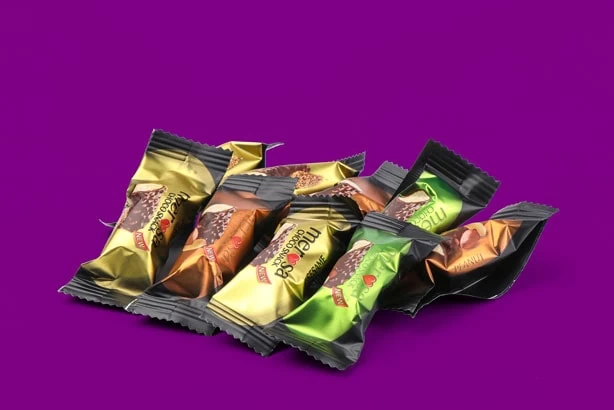

.webp)

